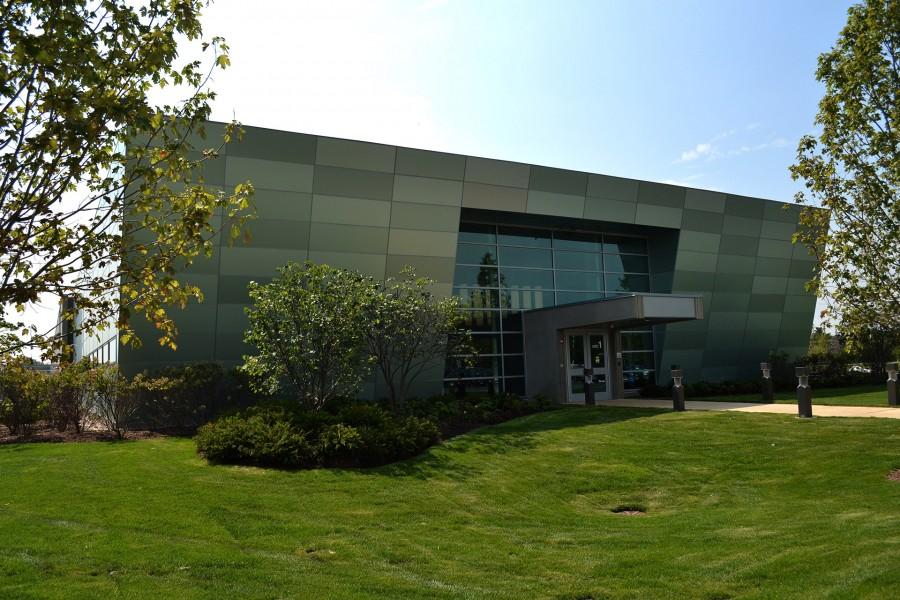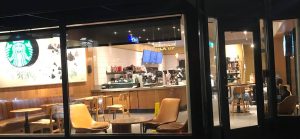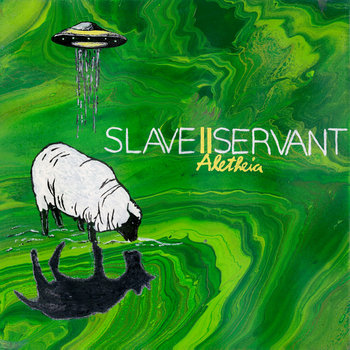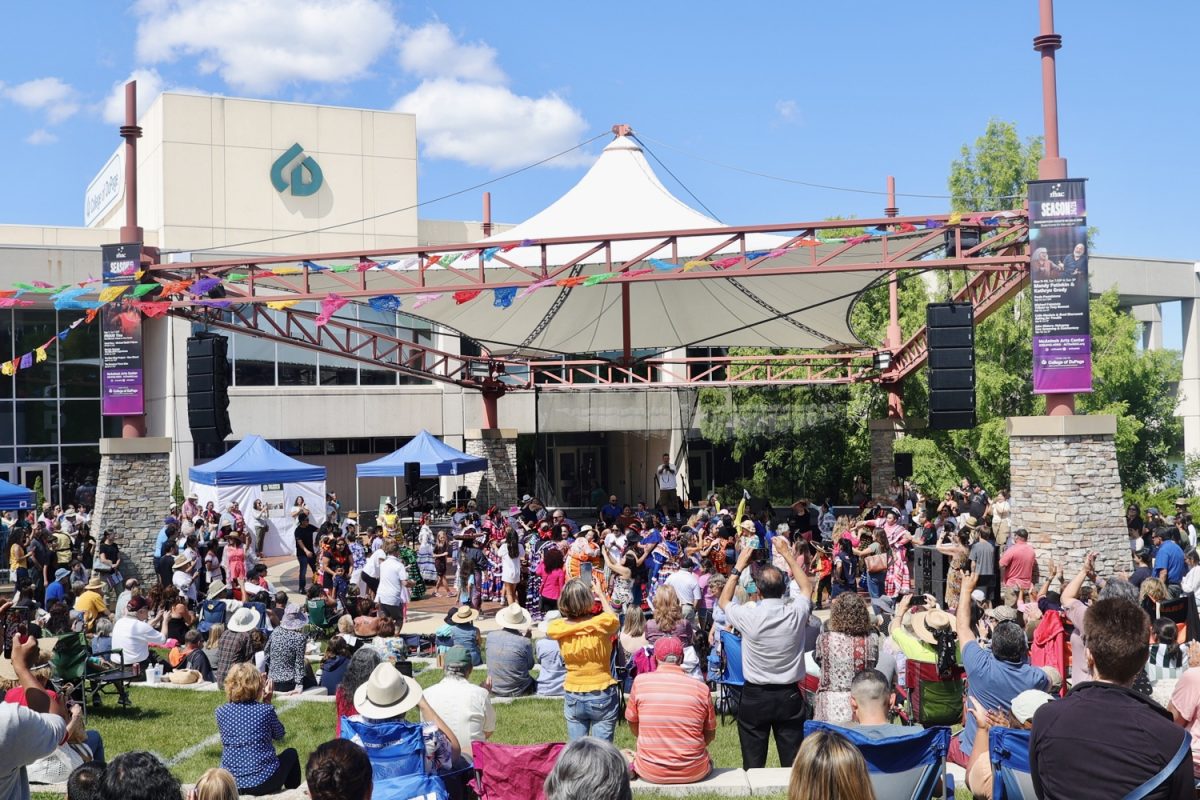Homeland Security Training Center provides new opportunities
September 16, 2015
The Homeland Security Training Center (HTC) opened its doors to students and community members this semester. The $16.5 million facility was built with the mentality of creating new opportunities for criminal justice majors, Suburban Law Enforcement Academy (SLEA) students, local law enforcement and the general public.
The building is divided into two sections, one classroom oriented and the other driven to provide resources to those already in the field.
New classrooms have allowed for the implementation of a new course, designed to ready students for a career as a dispatch operator. The semester-long course features access to a simulation lab, similar to what one would see in the field. Students will try their hand at simulation calls and will leave the semester as certified dispatch operators.
New dispatch lab equipment is just one of many new resources. The HTC features a 50-yard tactical shooting range. College of DuPage Chief of Police, Joe Mullin, explained the opportunity the range gives to officers. “It’s the nicest range I’ve ever shot on,” said Mullin. “Police have said the same thing.”
The addition of this range allows SLEA students as well as local police academies to complete their academy qualification on campus. The range is open for appointment 24/7 for the convenience of local law enforcement but is not open to the general public at this point in time. Pricing for police departments varies based on size of the department and number of times they use the facility per year. Lead free ammunition is an additional charge.
The HTC also allowed for the addition of a Virtra Simulator. COD’s is just one of a handful in the Chicagoland area. The 5-screen simulator allows for participants to interact with civilians in high-pressure situations, out of the way of real danger.
Associate Dean and Director of the Homeland Security Training Institute Tom Brady, spoke of the importance of having a simulator. “It helps to understand the responsibility that comes with carrying a weapon,” said Brady. “You work through the scenario. You communicate and talk with the people, not just shoot.”
The Virtra Simulator is just one of three simulator types housed in the HTC. A one-screen simulation is used for conceal and carry classes, as well as taken off campus to surrounding departments. Conceal and Carry courses are open to the public. Tuition is $275 for an 18 hour course.
Brady believes the development of the HTC will allow the college to create a vast curriculum for criminal justice majors as well as SLEA students. In the future, he hopes to see more classes as well as greater access for students.
















